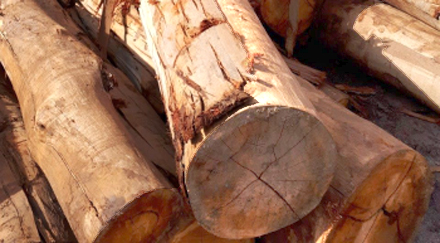
A logging ban in Victoria’s state forests will forfeit local jobs in support of foreign imports, the state’s peak timber group has warned. Timber Towns Victoria chair and Glenelg Shire Councillor Karen Stephens said the State Government’s lock down of forest would jeopardise 2000 timber jobs and close timber mills across the state, bringing small towns to a standstill, crippling countless households. Source: Timberbiz
“The State Government is trading jobs in support of substandard foreign imports with this ill-devised plan which is destroying a sustainable industry,” Cr Stephens said
“This decision will bring the supply of native timber to a complete halt, bringing disruption to the domestic construction industry which relies on this superior stock for flooring, furniture and other building materials.
“The sector and broader community are being forced to rely on foreign imports to supply native timber, at a lesser quality and no doubt at a peak price. These are countries which don’t have the same strict world best practice harvesting controls which we have become globally recognised for.
“This misguided decision has been made when less than 0.05 per cent of Victoria’s native forest is currently harvested, equating to 3500 hectares; the lowest and most sustainable it has been of the past 20 years.
“It is a sad day for the timber industry and a sad day for rural Victoria.”
State wide there is about 7.8 million hectares of native forest, with more than 90 per cent protected, unavailable or unsuitable for timber harvesting.
The industry is heavily regulated with Vic Forest conducting an annual analysis of the impact of harvesting to ensure ongoing sustainable practices.
Cr Stephens said it was critical that the State Government “rethink its decision”.
“This is a sustainable industry which dates back more than a century. It is the lifeblood of regional Victoria, supporting countless jobs, businesses and rural families,” she said.
“Data tells us that one Melbourne job loss is the equivalent of 32 local jobs in a rural community. The ramifications of this decision are going to be crippling for these small communities.
“The State Government can’t just plant more trees and think it will absorb the job losses – it takes 40 years for a radiata pine to mature for harvest. It is critical support is provided in job transition, and other localised job creating investment, to provide certainty for effected families.”







